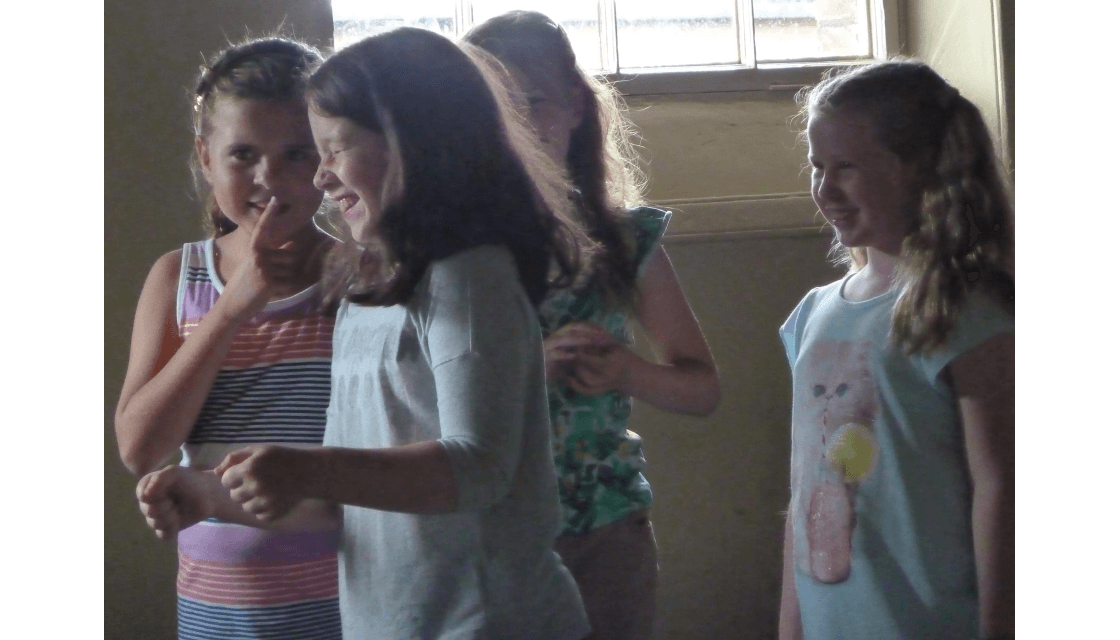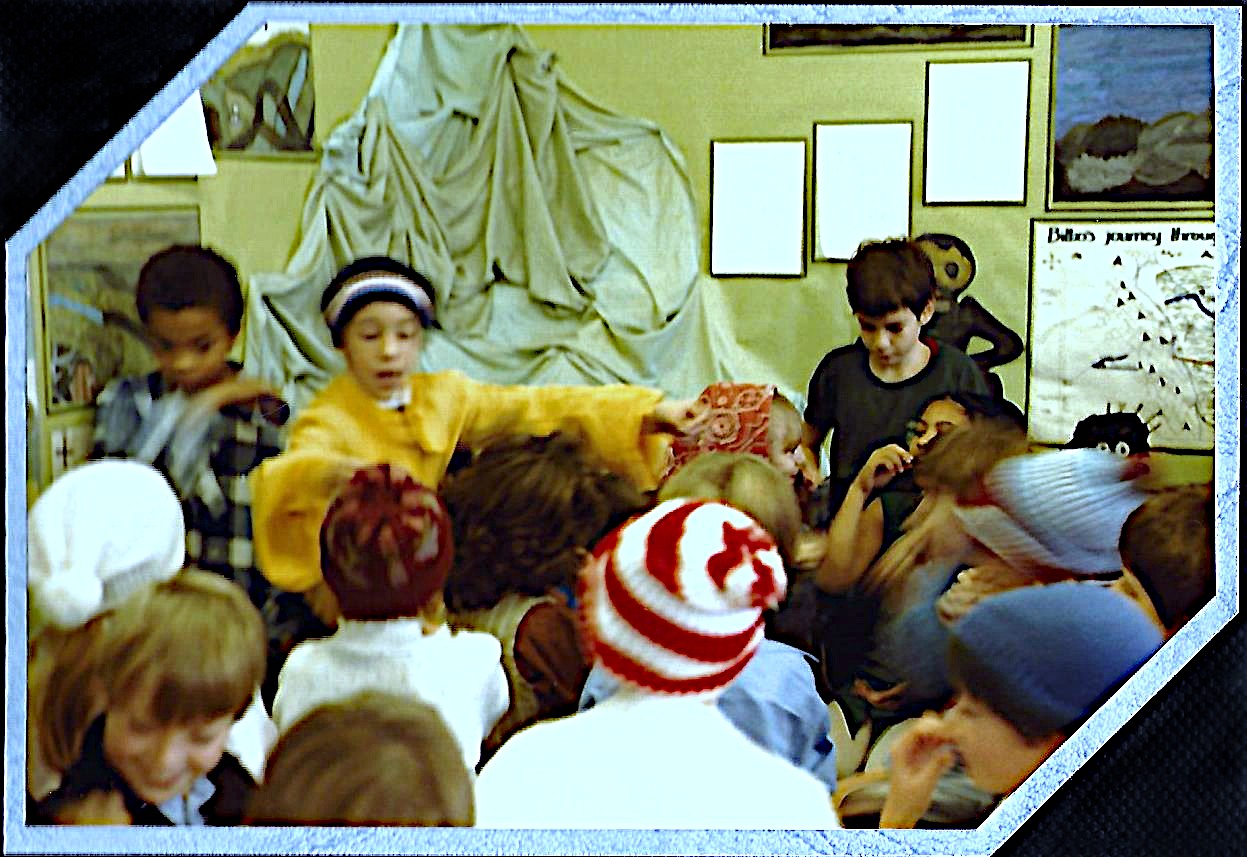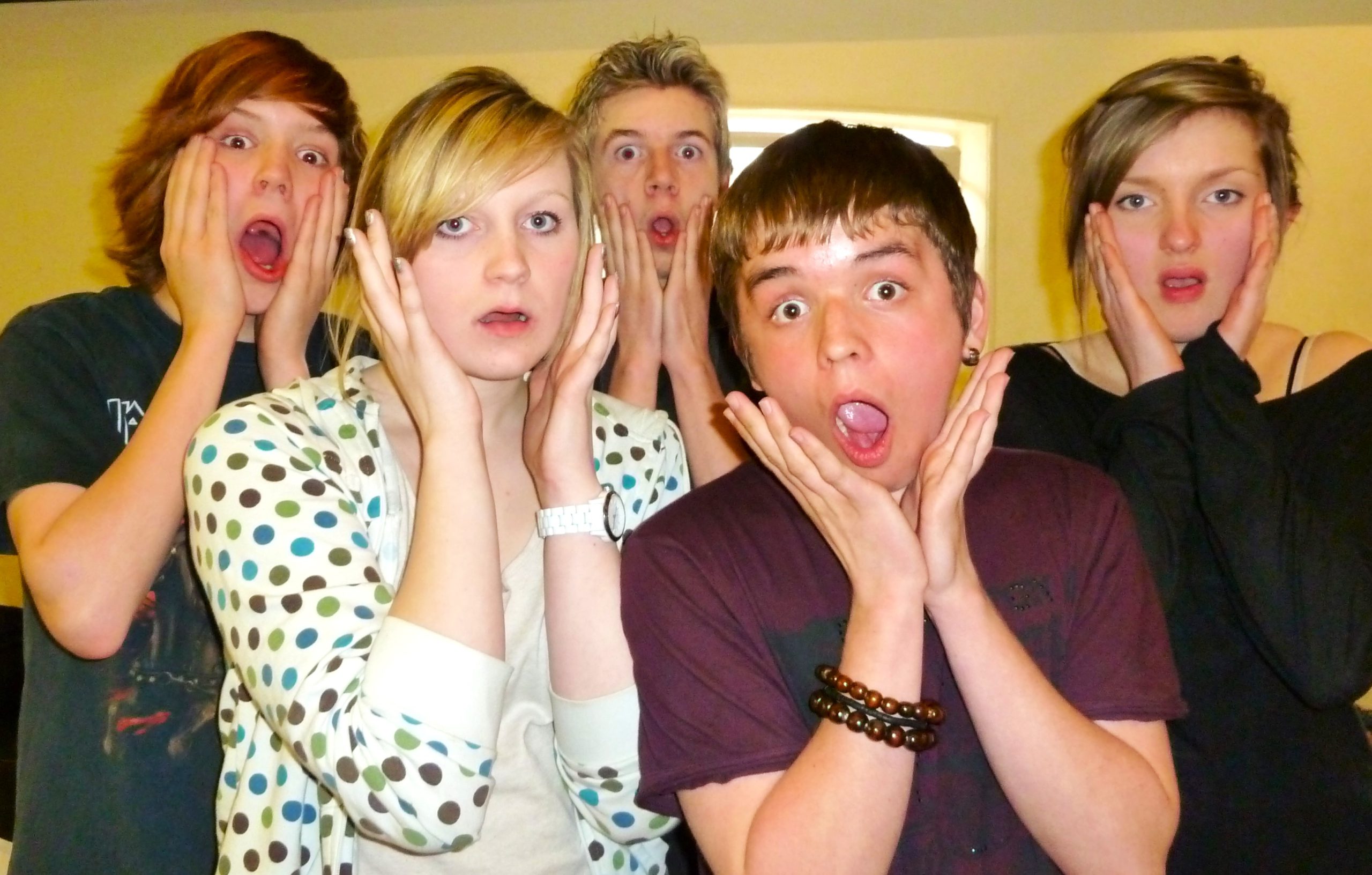When you sing along with your favourite artist, you focus on the lyrics, the tune, the backing, and the timing and you also mimic the way the artist is singing. Most people don’t go beyond the loud bits and the quiet bits. Most people don’t sing precisely the same pitch and most people make mistakes with the timing. But that’s OK because you are not singing at a public performance. You are belting out the number in the car or your shower and loving it. No one is judging you.
But it’s a totally different story when singing Karaoke or when you find yourself singing with, or in front of others. Most people worry that they don’t sound good and there are plenty of opportunities to laugh at those whose voices are slightly off-key. There is even a prime-time TV gameshow that relishes the humiliation of wannabe pop stars.
It’s no wonder that most of us decline an opportunity to sing aloud in person, even with their “nearest and dearest” (or especially) in front of them! Although it’s only banter, harsh criticisms can be wounding, particularly to those who would love to sing. So we don’t sing, even though people say singing is good for you.
What if I told you that by changing what you focus on, you would naturally develop your own unique and beautiful singing voice?
Even if you are in your 30s, 40s, 50s, 60s, and beyond!
Is that even possible? You are born a singer or you are not…. But that isn’t quite true
We are all born with the potential to sing well, just as we are born with the potential to speak well. First words are spoken around the first birthday, confidence grows during the next two years and by the time people are 3 years old they can hold simple conversations. This happens through listening, repeating, refining and understanding words in context. They focus intensely on the sound of words, on positive responses when they make the same sounds. And we accept this as adults. It would be very scary if a one-year-old was able to debate complex theories or express political views.
Most would expect children to be able to sing in tune by the time they start school. Being in tune requires a neurological connection which doesn’t develop until around or after 7 years of age and may not develop until as late as 14 years old. Tragically, people were discouraged from singing just before the brain was ready to form connections. So, many adults feel they were never good at singing and some are convinced that they can’t sing at all.
What if I told you that Neural connections are being made throughout your lifetime?
You can LEARN to tune in and develop your voice. You only need to shift the focus from how your voice sounds to mimicking others around you. Then the focus is on matching your voice to others’ It’s the same as learning how to speak in the first place and how to learn other languages.
So you can see if this could work for you by playing one small section (one line in a song) sung by your favourite artist. The trick is to listen very carefully, then join in when you think you know the notes and the sound. Match the notes precisely and focus on how long they hold notes, the timing, the pattern of the phrases etc. Don’t try to do everything at once. Just start with the notes. You can do this alone but you will fare better if you sing with someone in person who will encourage you.
You can do this with individual vocal coaching or by joining Viva, our choir, who all felt they couldn’t sing.
Now they all can.













